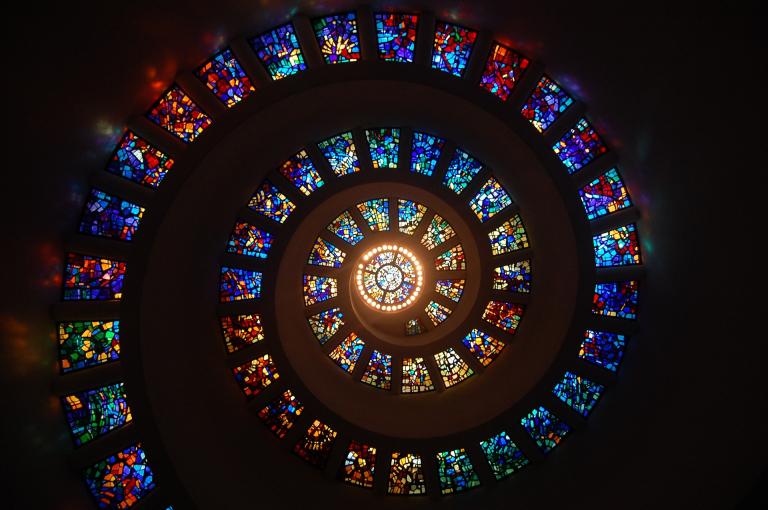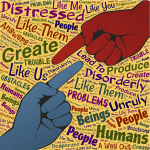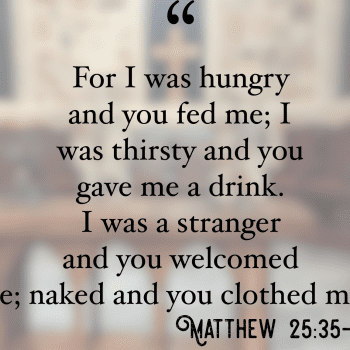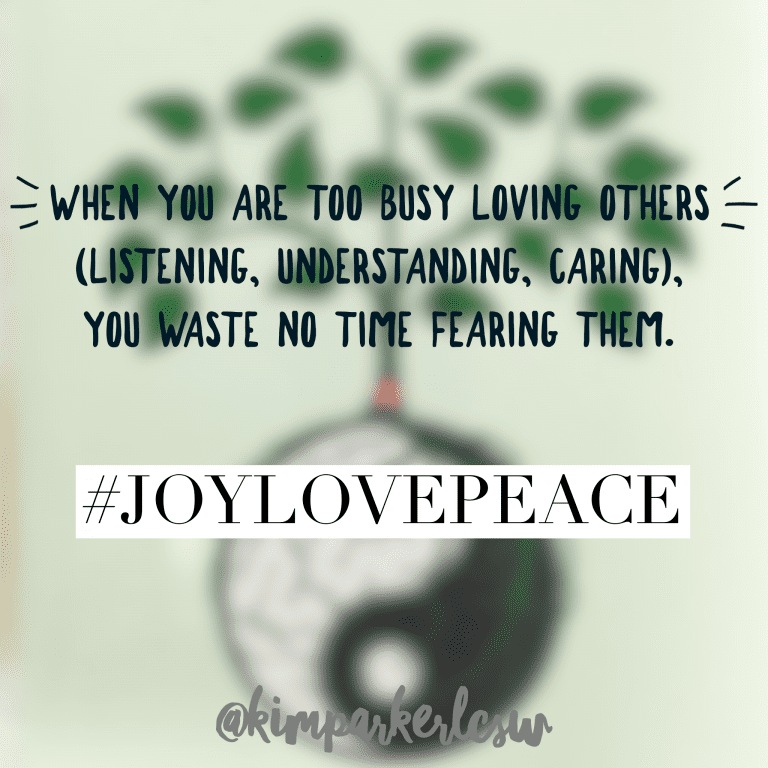America has been in contentious times. People seem more divided than ever before on social policy, foreign policy, and domestic policy. The controversies create more human suffering and suffering divides people’s sensibilities. Both Buddhism and Christianity address this plaguing quagmire, although one encourages a mindfulness approach while the other a heart approach. Both lead to the observation that man is his own worst enemy. But that is nothing new to me.
I was born during wartime in the early 1970s when “my homeland” was experiencing civil war. North fought against South, yellow killing yellow. As a result of this bloody war, totalitarianism, also called Communism, took over. “My people” scattered all over the globe. That conflict and the aftermath produced my East meets West story.
I learned about my Chinese-Vietnamese cultural norms and ideals as an immigrant living in America, all the while feeling the vast difference between mainstream western life and Asian American immigrant life. My parents were cultural Buddhists, but they were also self-educated survivors of war.
On the one hand, Eastern Buddhism teaches the importance of mindfulness, understanding, compassion, and self-control. When we lack any of these, we suffer. When others lack any of these, we also suffer as a consequence. On the other hand, Christianity teaches the importance of repenting of our sins and accepting Jesus Christ as our Lord and Savior. Believers are urged to take up our cross and die to the flesh daily in order to obtain newness of life through the indwelling of the Holy Spirit.
I learned about American culture through school, television, and the diverse communities I grew up in. I also learned about western culture, ideas, and values in college (where I became a born-again Christian) and in pursuing a professional career in social work and mental health.
Mom and Dad educated themselves in the way of Buddhist mindfulness in order to make sense of the broken pieces of their post-war lives. Gaining Christian faith coupled with mindfulness helped me to see how the broken pieces of our lives all fit together to point to a loving Creator. Buddhists call the practice of relinquishing the self to free ourselves from suffering “enlightenment”.
And yet, suffering and conflict continue to entangle Americans, whether they espouse Buddhism, Christian faith, atheism, or any other belief systems.
Today, many in the Democrat Party, on the political left, including Christian left, believe that they are in an all-out war fighting a worthy cause–for love, acceptance, and equality for all people. However, they are fighting the wrong enemy.
Their enemy is not the Republican Party, the social conservatives, the radical right-wingers, or even President Trump or his white evangelical Christian supporters.
However we fall on the political spectrum, we are our own worst enemies. This is not just a basic, simple universally recognized truth, but something that rings true for me personally. Life has not given me an incomplete black or white perspective of the world, but a colorful glimpse of the full range of our human depravity. Christians might call this brokenness, aka fallen nature of humankind.
The key lesson for believers is not to wait passively for a wonderful heaven to relieve us of our current suffering but to overcome our spiritual battles with a mind of clarity, wisdom, and courage–the mind of Christ.
A comprehensive study of the world civilizations show the constant conflicts between nations, tribes, cultures, clans, and families since the beginning of human history. In fact, evil also splits members of a single family. Human darkness transcends racial identity, national boundaries, and cultural barriers. Postmodern values of diversity, multiculturalism, pluralism, inclusion, and social justice all sound wonderful, but they cannot shine a light out. While we live in this real world with real serious problems, when we see the controversies only through a political lens, rather than through psychological, philosophical, and spiritual understanding, then we will not see any hope.

Anger and division (whether personal or political) are just the tip of the iceberg that people see. Beneath these feelings and behaviors are our misunderstandings, our shortsightedness, our insecurities, and our failure to show compassion.
I have suffered a lot walking in my own shoes, having my limited mindset, fragile heart, and poor self-control.
Interestingly, I have observed the same kind of suffering from my fellow neighbors and therapy clients. These folks come from diverse political ideology, racial and religious affiliations.
What I have observed is that we all have a basic human need to love (connect) and be loved (feel connected), to accept and be accepted, to respect/appreciate and be respected/appreciated.
In my next post, I will share some reflections on how we are our own worst enemies–lessons that I have learned as a result of much suffering.












